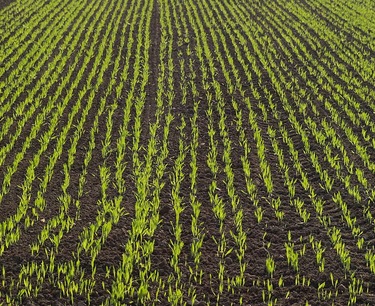The Minister of Agriculture of Russia, Oksana Lut, emphasized the importance of increasing productivity in the agricultural sector. Agricultural plots require manual labor that cannot be automated. There has been a noticeable increase in youth interest in education in this field, which contributes to the industry's development. Business involvement is planned to open new educational institutions as part of the agro-classes project.
Trading platform

 Trading platform
Trading platform 
 Monitoring
Monitoring  Express applications
Express applications 
 Fork Work
Fork Work 
 Service
Service  News
News  Directory
Directory 


























